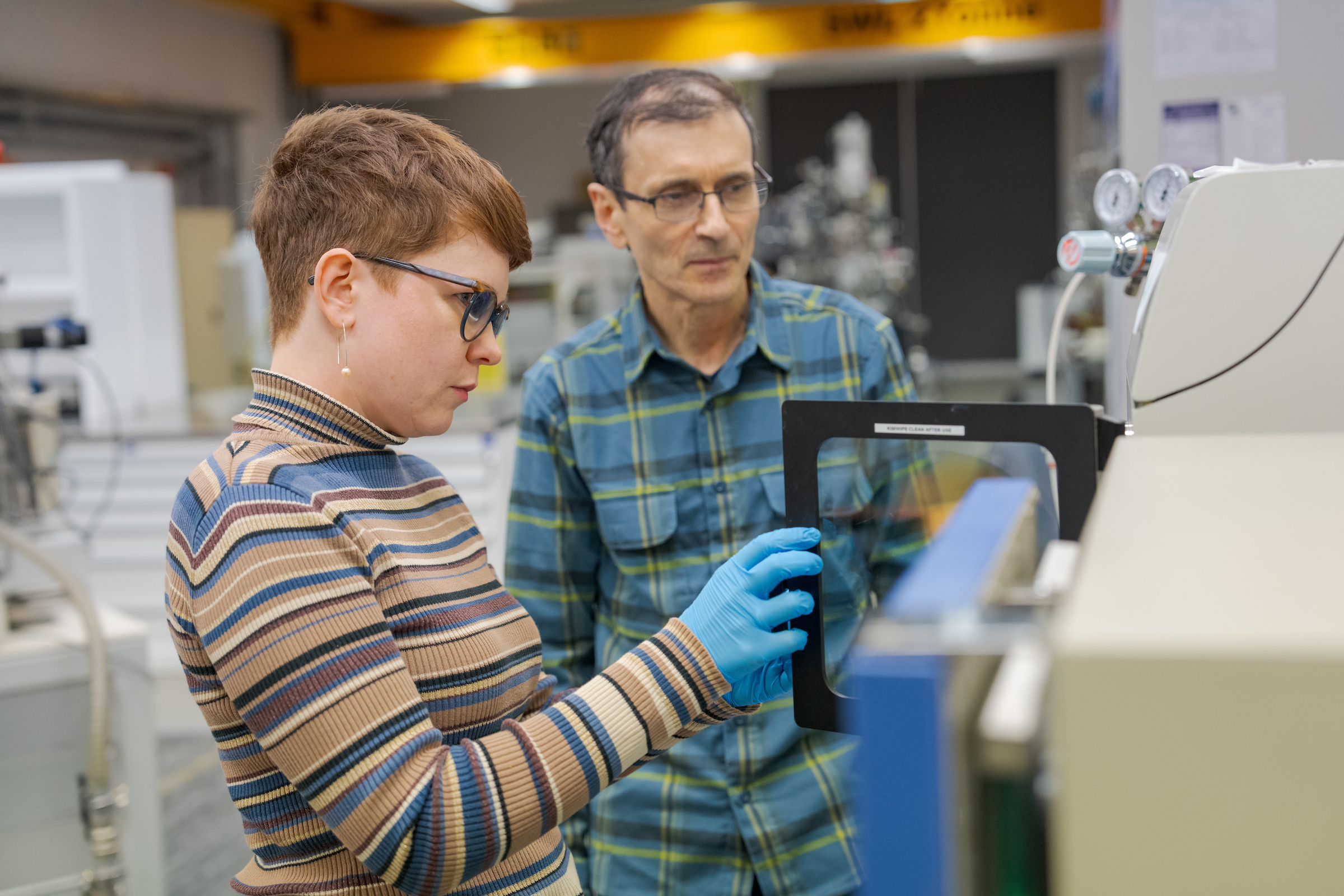
Research projects
Below we list current research topics in RSES, with links to relevant researchers, supervisors and research groups.
Displaying 91 - 105 of 143 project(s).
Nature of Project(s)
Experimental (main) in combination with models (minor)
Essential Background:
EMSC3027/6027/8027 (Palaeoclimatology and Climate Change), EMSC8022 (Advanced Analytical Techniques), or EMSC 8024 (Foundations of Analytical Techniques and Data Science)
...
Research supports
The group has funding to support one highly motivated PhD student, based on competition of applicants (academic background, research ideas, etc). Contact me if you are interested.
We also welcome candidates who can raise fund (e.g., China Scholarship Council,...
The Proterozoic saw the emergence of eukaryotic life on Earth. The Carrara 1 well in the South Nicholson Basin will recover pristine cores of Mesoproterozoic, Paleoproterozoic and Cambrian age. These cores offer a unique opportunity to investigate the ancestry of eukaryotes using molecular fossils preserved in rocks.
Predictive models of plume lithosphere-interaction.
Changes in mass balance (or the amount of ice that has melted) can be measured using space-geodetic techniques that detect variations in the Earth's gravity field and changes in ice height. Both satellite altimetry (used to measure ice topography heights) and GRACE (measures changes in potential) are sensitive to...
One of the most fundamental gaps in our understanding of mantle convection lies in the dynamics of upwelling mantle flow (i.e. mantle plumes) and the signature of such flow at Earth's surface. While mantle plumes have been extensively studied, certain aspects of their evolution remain poorly understood.
Mantle convection is the `engine' that drives our dynamic Earth. It is the principal control on Earth's thermal, chemical and tectonic evolution. The mantle transition zone plays a critical role in this fundamental process, by controlling the passage of material between Earth's upper and lower mantle.
science Research area
To better understand how large tsunamis are generated, it is important to be able to accurately model the sea level signals they generate. A number of researchers have identified systemic discrepancies between observed and modelled tsunami wave speeds for two recent major tsunamis, the 2010 Maule and 2011 Tohoku...
science Research area
People
- Dr Sebastien Allgeyer, Principal investigator
- Professor Phil Cummins, Collaborator
A Tectonic Reconstruction Project by Clemens Augenstein, PhD Candidate
Palaeogeographic reconstructions of the Alpine-Carpathian Arc have until now been done largely by rotating and translating rigid 2D components. These reconstructions were usually complemented by cross-sections through a few areas...
At 4.567 billion years old, refractory inclusions are the oldest known objects to have formed in the solar system. They are often referred to as calcium-aluminium-rich inclusions (CAI) because their chemistry is dominated by the refractory oxides of Ca and Al, as well as Ti, forming minerals such as hibonite (CaAl...
A Tectonic Reconstruction Project by Lloyd White, PhD Candidate
A number of 2D rigid plate reconstructions have been made to model the history of convergence between the Indian and Eurasian plates. Most of these models have attempted to determine the timing of "the collision" between India and Eurasia on...
This project addresses the pressing need to understand the growing disequilibrium between today’s fast climate changes and slow ice-volume adjustments, which is significant because this is a key determinant for potential acceleration of sea-level rise. This is a major concern to society, because climate change and...
science Research area
Group
People
- Dr Laura Rodríguez-Sanz, Researcher
- Professor Eelco Rohling, Principal investigator
This research program explores the geodynamic history recorded by sedimentary basins and its influence on lithospheric architecture, geological processes, and critical mineral systems.
science Research area
People
- Dr Mark Hoggard, Principal investigator
- Edgar Leong, Student researcher
- George Gibson, Collaborator
- Haining Chang, Student researcher
- Jabir Hussain, Student researcher
Groundwater storage is subject to climatic and anthropogenic forcing, but modern monitoring tools are not sufficient to capture its detailed response in both time and space. This project aims to develop an advanced seismic framework to sense subtle subsurface changes related to groundwater variations.
science Research area
People
- Dr Chengxin Jiang, Supervisor
- Dr Chengxin Jiang, Principal investigator
- Professor Louis Moresi, Collaborator
- Professor Meghan S. Miller, Supervisor
